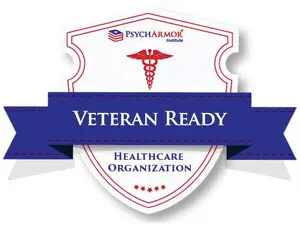What Is Transitional Living?
Though everyone with substance misuse disorders moves through recovery at different rates, the longer you spend in treatment, the greater your odds will be of successfully embracing a sober lifestyle. The National Institute on Drug Abuse recommends people with substance abuse stay in a treatment program for at least 90 days. However, some people find they need more time than that to acclimatize to their newfound sobriety. For these people, extended care in the form of transitional living can be integral to their success.
Advantages of Transitional Living Homes
It’s essential to have a firm plan for what you will do after you complete an inpatient treatment program. Entering extended care provides you with the additional support that can be so beneficial in the early stages of recovery. In a transitional living home, you will find a comfortable environment surrounded by others who are also in recovery and working on their sobriety one day at a time. Transitional living homes provide many crucial benefits to people at a vulnerable stage in their lives.
1. Transitional living arrangements are substance-free.
The presence of drugs and alcohol may present too great of a temptation for someone who is freshly out of rehab. That’s why people in extended care are required to abstain from harmful substances during their stay there. Avoiding these potential triggers in early recovery can help prevent you from relapsing back to drug and alcohol misuse.
2. Sober living homes provide stability and structure.
If you maintained a substance addiction for any length of time, you probably experienced negative financial, personal and emotional consequences. You may not have a safe home to return to after treatment, or the surroundings there may not support your recovery. A transitional living home can offer safety and consistency after a treatment program.
3. In extended care, you can rebuild your social network.
Addiction can be extremely isolating. In a sober living home, you can re-learn social skills and benefit from having a built-in peer group of people who are facing similar challenges.
4. Transitional living helps you avoid the stress of daily life.
Stressors are something to avoid at all costs in early recovery, as they can put you at higher risk of a relapse. You may discover life outside the structure of rehab to be overwhelming. Transitional living homes can provide a secure, less stressful environment with fewer potential triggers.
5. These homes reinforce healthy habits learned in treatment.
Addiction makes changes to the brain’s chemistry that can take some time to reverse. During addiction treatment, you can begin to learn how to think and act differently. Forming a new habit takes time, and during extended care, you can have the space and patience you need to make healthy habits feel more like second nature.
Call us today to learn more about our programs, at (888) 223-0298. At Seabrook, we are ready to help you or your loved one make a new beginning.




